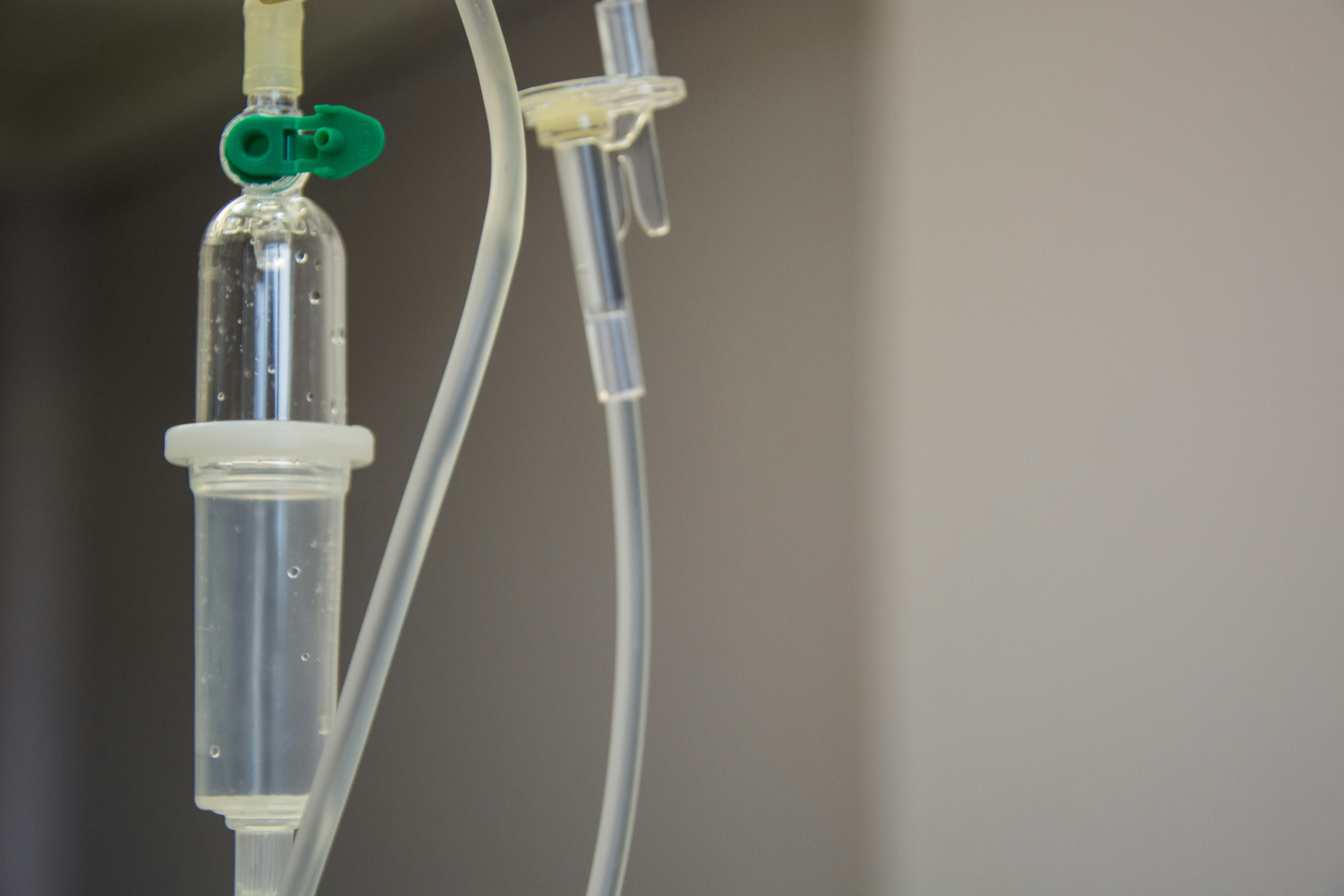Are Diet Sodas Bad For Kidneys
If you’re a fan of diet sodas, you may have wondered if they are bad for your kidneys. This article explores the potential impact of diet sodas on kidney health, providing you with important information to make informed choices about your beverage consumption. As we all strive to lead healthier lives, understanding the potential effects of our favorite drinks is crucial. So, let’s delve into the world of diet sodas and their relationship with kidney health.
The Relation Between Diet Soda and Kidney Health
Research on the Effects of Diet Soda on Kidneys
Various studies have been conducted to explore the potential impact of diet soda on kidney health. These studies have looked into the effects of artificial sweeteners, the association between diet soda and kidney disease, the formation of kidney stones, and the dehydrating effects of diet soda. The findings from these researches provide valuable insights into understanding the relation between diet soda consumption and kidney health.
Potential Link between Diet Soda and Kidney Damage
Emerging research suggests that there may be a potential link between the consumption of diet soda and kidney damage. One study published in the Clinical Journal of the American Society of Nephrology found that women who drank two or more servings of diet soda per day experienced a decline in their kidney function. These findings raise concerns about the long-term effects of diet soda on the kidneys.
Effects of Artificial Sweeteners on Kidney Function
Artificial sweeteners, such as aspartame and sucralose, are commonly used in diet sodas as an alternative to sugar. While they provide the sweet taste without the added calories, some studies have indicated that these artificial sweeteners may have negative effects on kidney function. Research published in the journal Nature found that consumption of these sweeteners resulted in changes to the gut microbiota, which can ultimately affect kidney health.
Increased Risk of Kidney Disease
Association between Diet Soda and Kidney Disease
The association between diet soda consumption and kidney disease has been a topic of interest among researchers. A study conducted by Harvard researchers found that regularly drinking diet soda was associated with a higher risk of developing kidney disease. However, it’s important to note that this association does not necessarily imply causation, and further research is needed to establish a definitive link.
Impact of Diet Soda Consumption on Kidney Health
Regular consumption of diet soda has been found to have negative effects on kidney health. The high phosphorus content in diet soda can disrupt the balance of minerals in the body and lead to kidney damage over time. Additionally, the artificial sweeteners used in diet soda may have harmful effects on kidney function, further contributing to the risk of kidney disease.
Kidney Stones and Diet Soda
Formation of Kidney Stones
Kidney stones are small, hard deposits that form in the kidneys and can cause significant discomfort. They are often composed of substances such as calcium, oxalate, and uric acid. Several factors contribute to the formation of kidney stones, including dehydration, certain medical conditions, and dietary choices.
Role of Diet Soda in Kidney Stone Formation
Diet soda consumption has been linked to an increased risk of kidney stone formation. The high levels of phosphoric acid found in diet soda can promote the development of kidney stones by increasing the amount of calcium excreted in urine. Moreover, the consumption of artificial sweeteners in diet soda may also contribute to the formation of kidney stones, although more research is needed to fully understand this connection.
Studies on Diet Soda and Kidney Stone Risk
Research studies have provided evidence supporting the link between diet soda consumption and kidney stone risk. A study published in the Clinical Journal of the American Society of Nephrology found that individuals who consumed diet soda regularly were more likely to develop kidney stones compared to those who did not consume diet soda. These findings highlight the importance of considering the impact of diet soda on kidney stone formation.
Dehydration and Kidney Health
Dehydrating Effects of Diet Soda
One of the concerns regarding diet soda consumption and kidney health involves dehydration. Diet sodas often contain caffeine, which is a diuretic, meaning it increases urine production and can lead to increased fluid loss. This can potentially contribute to dehydration, a condition that negatively affects kidney function and overall health.
Effects of Dehydration on Kidney Function
Dehydration can have detrimental effects on kidney function. When the body is dehydrated, the kidneys have to work harder to filter waste products and maintain the balance of electrolytes. Prolonged dehydration can strain the kidneys and potentially lead to kidney dysfunction or other kidney-related issues. It is important to prioritize hydration for maintaining optimal kidney health.

Artificial Sweeteners in Diet Soda
Common Artificial Sweeteners in Diet Soda
Diet sodas are typically sweetened with artificial sweeteners to provide a similar taste to regular soda without the added sugar. Some commonly used artificial sweeteners in diet sodas include aspartame, sucralose, and stevia. These sweeteners provide the desired sweetness while minimizing the calorie content.
Potential Effects of Artificial Sweeteners on Kidneys
Research on the effects of artificial sweeteners on kidney health is ongoing. Some studies suggest that consuming artificial sweeteners in diet soda may have negative effects on kidney function. For example, a study published in the International Journal of Environmental Research and Public Health found that long-term consumption of artificial sweeteners, particularly aspartame, was associated with an increased risk of kidney dysfunction. However, more research is needed to fully understand the potential impact of artificial sweeteners on kidneys.
Risk Factors and Moderation
Other Factors Influencing Kidney Health
While diet soda consumption may play a role in kidney health, it is important to consider other factors that can influence kidney function. Factors such as high blood pressure, diabetes, obesity, smoking, and certain medications can also contribute to the overall health of the kidneys. Maintaining a healthy lifestyle and regular check-ups with healthcare providers are essential for assessing and managing kidney health.
Importance of Moderation in Diet Soda Consumption
Moderation is key when it comes to diet soda consumption. While the evidence linking diet soda to kidney health is still evolving, it is advisable to limit intake to moderate levels. Opting for alternative beverages and making choices that prioritize overall health, such as consuming more water, herbal tea, or freshly squeezed juices, can be beneficial to maintain kidney health.
Alternative Beverages for Kidney Health
Healthy Alternatives to Diet Soda
For those looking for healthier beverage options that support kidney health, several alternatives to diet soda are available. Water is the best choice for hydration and can help flush out toxins from the body. Herbal teas, such as chamomile or green tea, can provide flavor without added sugars or artificial sweeteners. Additionally, incorporating freshly squeezed juices from fruits like lemon or watermelon can be a refreshing and nutritious choice.
Importance of Hydration for Kidney Function
Maintaining proper hydration is crucial for kidney function. Drinking an adequate amount of water helps the kidneys filter waste products and maintain fluid balance in the body. Staying hydrated also reduces the risk of kidney stone formation and ensures optimal kidney health. Hydration should be a priority for individuals concerned about their kidney health.
Consulting a Healthcare Provider
Seeking Professional Advice
If you have concerns about the impact of diet soda on your kidney health, it is important to seek professional advice from a healthcare provider. They can evaluate your individual health status, provide personalized recommendations, and address any questions or concerns you may have. Consulting a healthcare provider is always beneficial for understanding your specific needs and maintaining optimal kidney health.
Discussing Diet and Kidney Health
During your consultation with a healthcare provider, discussing your diet and its potential impact on kidney health is essential. Your healthcare provider can provide guidance on diet modifications, recommend suitable alternatives to diet soda, and help you understand the overall balance needed for maintaining kidney health. Open communication with your healthcare provider enables informed decision-making regarding your dietary choices.
Conclusion
Summary of Potential Effects on Kidney Health
Research suggests that diet soda consumption may have potential effects on kidney health. The link between diet soda and kidney damage, increased risk of kidney disease, formation of kidney stones, dehydration, and the impact of artificial sweeteners on kidneys are areas of concern. While more research is needed to fully understand the extent of these effects, it is prudent to consume diet soda in moderation and consider alternative beverages that support kidney health.
Recommendations for Diet Soda Consumption
To maintain optimal kidney health, it is recommended to consume diet soda in moderation, if at all. Opting for healthier beverage choices such as water, herbal teas, or freshly squeezed juices can be more beneficial for overall well-being. Considering other risk factors and maintaining a healthy lifestyle are equally important for supporting kidney function. Consulting a healthcare provider for personalized advice and discussing any concerns regarding diet and kidney health can provide valuable guidance for individuals seeking to prioritize their kidney health.










